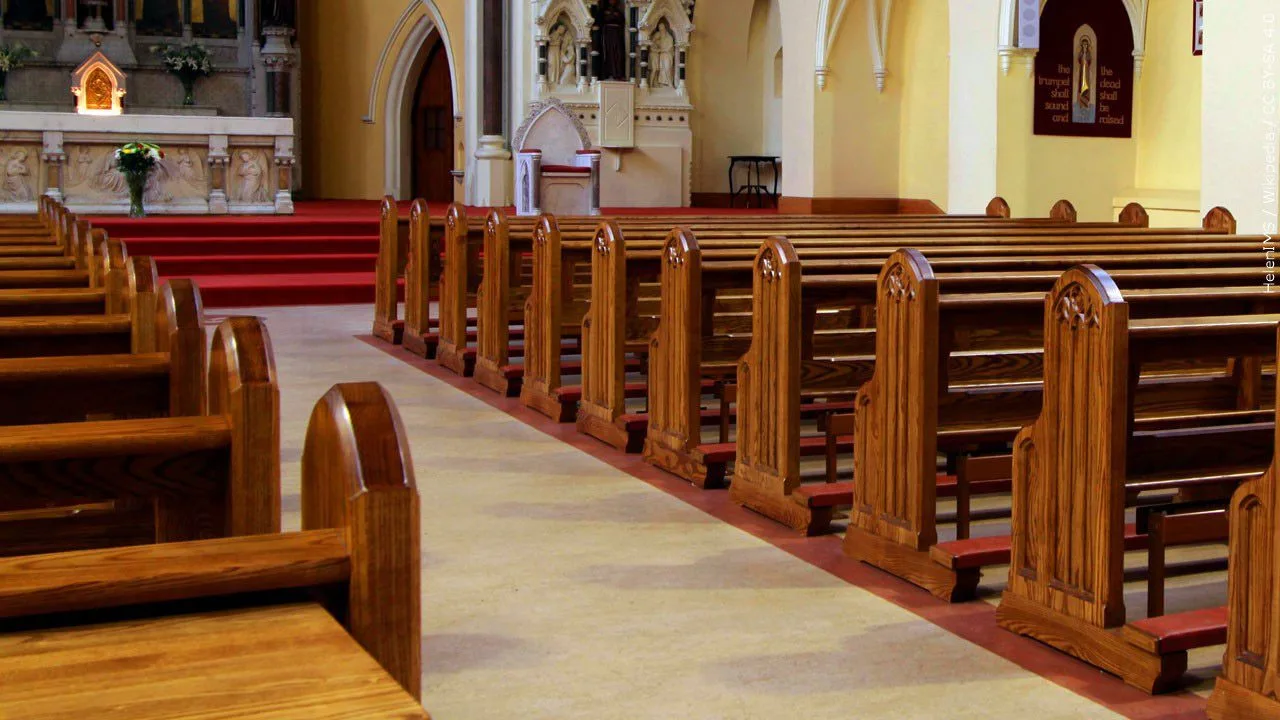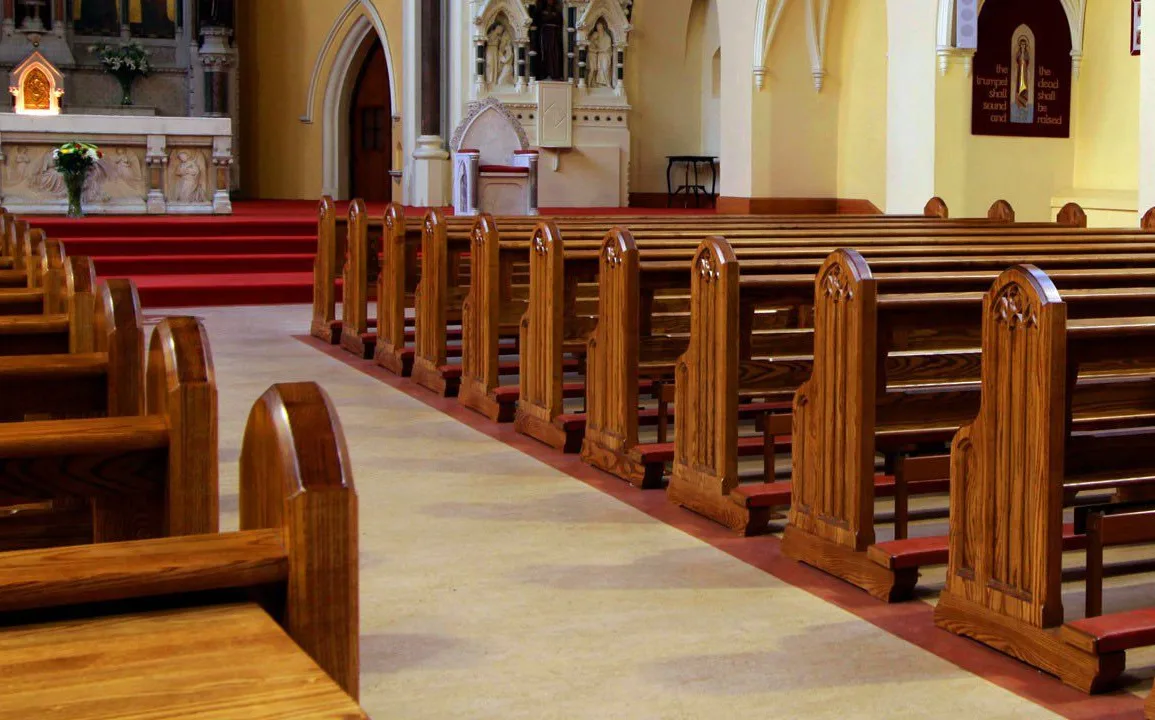
Every day brings reminders of the importance of religion.
American politics features heated debates about abortion, stem cells, gay marriage, and other moral issues where positions are often determined by religious conviction.
And no matter how one sees it, secular religion (which can be defined as the transference of ecclesiastical or clerical practices to civil or lay use), is here to stay. In fact, it became the most powerful religious force in Western Europe and the United States in the 20th century.
By this time, secular religions were more powerful over most of the western world than traditional Christian faiths.
Now in the early years of the 21st century, perhaps there’s good reason why we should take secular religion seriously. After all, it is real religion, one that offers a new era of human insight and self-awareness.
In the 20th century, it showed greater religious energy, captured more converts, and radiated more influence on the world than any traditional Christian religion.
At the same time, an expansion of Pentecostal influences is showing up in the dooryard of churches, synagogues, and mosques all around the globe.
While most world followers of the Pentecostal faith are focused on Christ, others seek the sensational manifestations (of the Holy Spirit) more aligned with the “promised gift” (charisma in Greek), or as some experts venture, the spontaneous fire of revival with an emphasis on individual experiences of grace, spiritual gifts, and expressive worship.
Nevertheless, from a few dozen believers in the early 1900s, Pentecostalism has pin-wheeled across the globe as Christianity’s third force (behind Catholicism and Protestantism) mainly due to its association with the Holy Spirit.
With more than 580 million adherents (growing by an estimated 19 million a year or 52,000 a day) Pentecostals and their charismatic cousins have become, in just 100 years, the world’s fastest growing and most ethnically diverse expression of Christianity.
At current growth rates, some experts predict there will be 1 billion Pentecostals by 2025, most located in Asia, Africa, and Latin America—and a lot coming at the expense of the Roman Catholic Church.
Once regarded by many Christians as a marginal, almost embarrassing style of worship in which converts are “slain in the spirit” and often convulse in rapture or perform miracle healings, Pentecostalism’s success cannot be dismissed.
In his book The Next Christendom, Phillip Jenkins reasons: “Since there were only a handful of Pentecostals in 1900 and several hundred million today, is it not unreasonable to identify this as perhaps the most successful social movement of the past century?”
Pentecostals have reason to celebrate, to be sure.
What is more, it is not unusual for 20,000 Pentecostals and charismatic brethren from 100 countries to attend an ecumenical event, including thousands from the United States and Canada.
One reason for the brand’s success is that the movement traverses ethnic and cultural boundaries, according to University of Toronto professor David Arthur Reed, who is considered an expert on Pentecostal and charismatic movements.
But its magnetism, especially in the Third World, lies in the belief that anyone can have a direct experience with the Divine.
“The teaching is that baptism in the Holy Spirit is available to everyone, not just ministers, priests and bishops, but to everyone, no matter their station in life, no matter how wealthy, poor or educated,” Reed said in an interview with the Toronto Star.
It thus delivers the promise of personal empowerment, especially to the poor and disenfranchised.
“The Holy Spirit is now giving you power to teach, to evangelize, to heal, to be successful in spreading the gospel throughout the world,” Reed continued, explaining that the movement might not sound too revolutionary to those living in the United States, but to a poor, illiterate farmer in Brazil or the Philippines, it represents the difference between hearing about God and actually hearing God.
Not all charismatics are Pentecostals, however.
There is some overlap between Pentecostals and charismatics, but they are not identical. Charismatics believe in the manifestations of the Holy Spirit seen in the 1st century Christian church, such as healing, miracles, and the gift of glossolalia, or speaking in tongues.
Roman Catholics joined the Charismatic Renewal movement in 1967. Today, there are 100 million charismatic Catholics in 226 countries.
And it all began in an unlikely place by an unlikely man at an unlikely time: in downtown Los Angeles, CA, in April 1906.
This 100-year-old religious revolution got its genesis in a converted stable where a one-eyed itinerant African American preacher stood behind a pulpit of shoebox shipping crates, and before him an assorted assemblage of immigrants, prostitutes, and poor people, some of whom were overcome with the Holy Spirit and began speaking in tongues.
—
Top o’ the morning!



